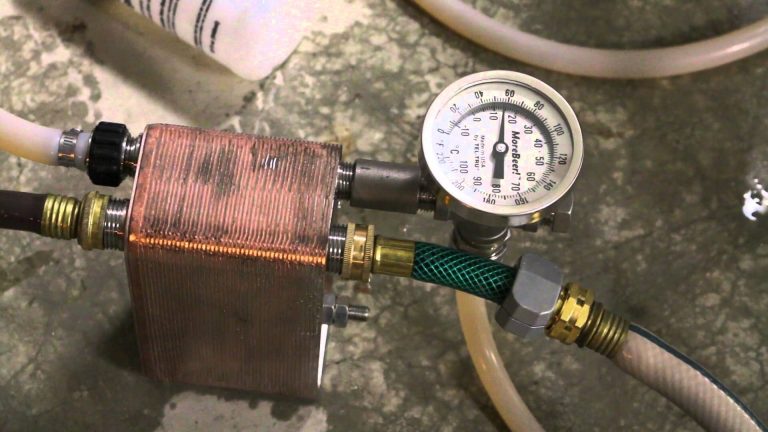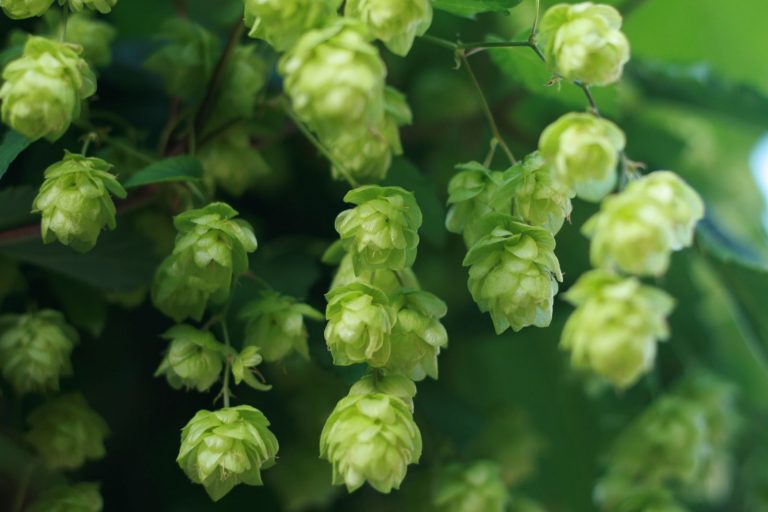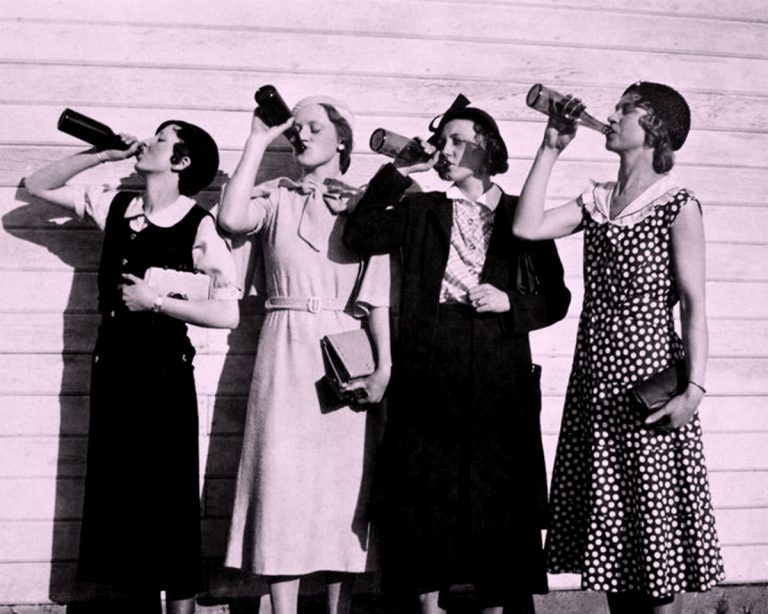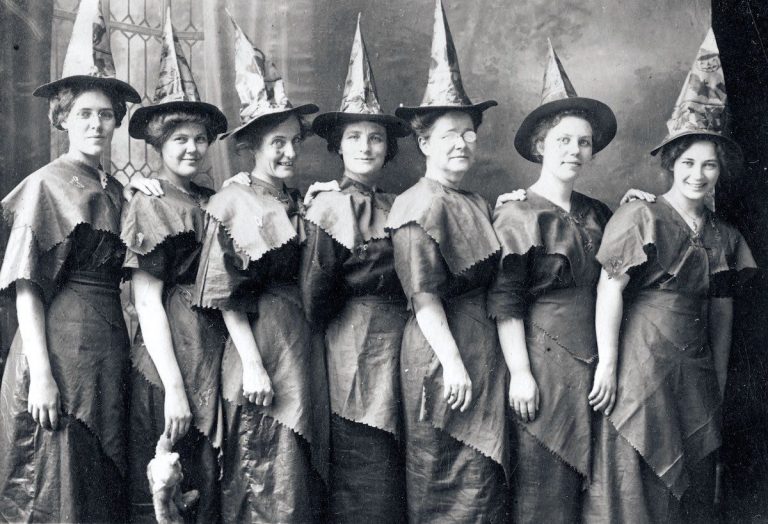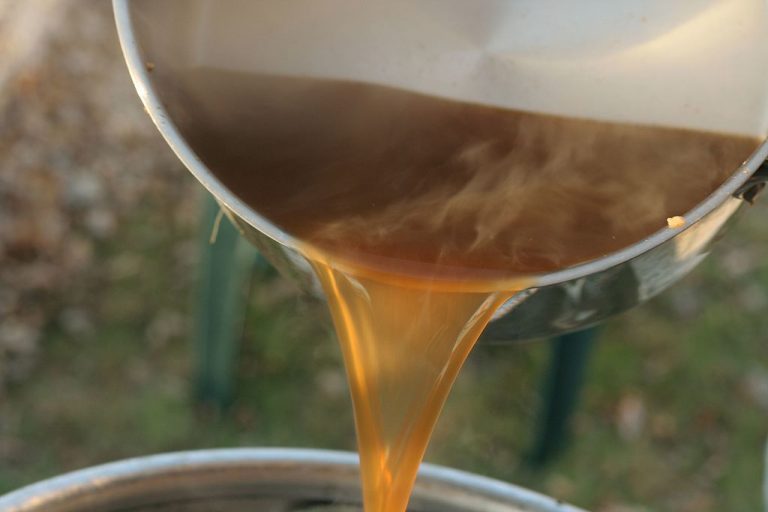How Important Is Water Quality In Brewing Beer?
Brewhoppin is reader-supported. If you buy anything through certain links on our site, we may earn us an affiliate commission at no expense to you. Learn More.
Water makes up just about everything so it’s no wonder why the stuff is such a big deal when it comes to home brewing. Beer is mostly water after all. So to get us started on the right track we’re going to dig into what kind of water you should or shouldn’t use when brewing beer at home, and a little about water chemistry.
This isn’t meant to explain everything, water chemistry is a HUGE topic. Instead, we are going to try to answer some basic questions and…wet your whistle… for the deeper conversation about water profiles. Yeah, we did that pun.
What Is The Best Water For Brewing?
What is the best water for homebrewing anyway? Let’s just cut to the chase.
Simply put, the best water to brew with is free of chemicals but also contains the vital minerals that will aid in fermentation. Yeast needs those minerals. Lucky for us, if our tap water isn’t suitable for brewing good beer we can purchase mineral water from grocery stores. It even comes in five-gallon sizes!
Can I Use Tap Water For Home Brewing?
Speaking of tap water, what’s wrong with using it? As you know, most tap water comes from city sources that contain chemicals like chloramine and fluoride. But that doesn’t mean we have to count it out completely! If your tap water at home tastes fine, use it!
The golden rule is if your water tastes good, it will taste just as good as beer. But if you are still wary here are a few things to do to prep your water.
Let The Chemicals Evaporate.
If you are lucky enough to have great tap water or a municipality serviced by natural springs, they might still add chemicals like fluoride to the tap. The easiest way to get rid of this is to prep the water the night before brew day. To do this, fill your brew kettle or a six-gallon container (if brewing a five-gallon batch) with enough water for the brew and let the chemicals evaporate.
We’ve used this technique before not just in brewing but in fish keeping. Weird comparison but it works!
Use a Brita
The second simplest method of water prep is to use a water filter that attaches to your faucet. You may even already have a water filter at home. This will filter out a majority of chemicals we don’t want while leaving the minerals our beer needs.
Filters, like Brita or other similar brands, are affordable and won’t be used just for beer. Who doesn’t love good water?
Get a Water Report from your water company.
A water report is an inexpensive way to really dig into the nitty-gritty of what your tap water is made of. The report will detail the PH of the water, minerals, and what chemicals are added in. This is critical for more serious homebrewers. Most serious brewers get theirs from Ward Labs.
Water For Extract Brewing
Extract brewing is a little more forgiving when it comes to the water we use. In fact, sometimes it is better to use distilled water or reverse osmosis (RO) when brewing with extracts. But this is the only time we suggest it. We’ll talk more about that later.
Extract brewing uses a malt syrup that has already been boiled using a perfectly tuned water profile at the manufacturer. While using tap water won’t hurt, it might impart flavors or minerals or PH that we don’t need. This is why using the “blank slate” that RO and distilled water is, makes perfect sense.
But if we aren’t using an extract, water quality is far more important.
Water For All Grain Brewing
All grain brewing is when we mill and steep the grains ourselves. Think brew in a bag setups.
While some beer types will be perfectly fine, all-grain brewing requires a little more finesse when it comes to water chemistry as the water’s alkalinity, pH, hardness or mineral content can all make a difference when it comes to the clarity and flavor of the brew.
When using tap water sources, we need to monitor the hardness and alkalinity of the water and match it to the type of beer we are brewing. The same would go for using RO or distilled water. Since these waters are basically a blank slate, minerals and modifiers would need to be added.
Suddenly, brewing just got a whole lot harder. Let’s try to explain it a bit.
Can I Brew With Distilled Water?
We’ve mentioned it a few times already. Distilled water and reverse osmosis water are like a blank slate. It has had all the minerals and chemicals removed and it is completely pure.
Don’t get it confused with filtered water or purified water. Those will still have the minerals from their source. RO water is the baseline.
While most homebrewers won’t have any issues, as you get more serious about the batches you’re making, you can start really digging into water chemistry. Another general rule of thumb is to not use more than three gallons of distilled/ RO water in a batch.
Let’s look into it a bit now, shall we?
Why Water Chemistry Matters In Homebrewing
Minerals in or that can be added will have effects on the final product of our beer.
Depending on your water composition, you might need to add a few things to the beer to reach the flavor profiles you are looking for, pH levels the yeast and malt need, and so on. Below are a few things that can be added to the water and what they do.
By adding small amounts of these simple ingredients to your brewing water, it will produce clearer wort and an improved flavor and color.
- Gypsum – increases sulfate and calcium.
- Calcium chloride – increases chloride and calcium.
- Baking soda – increase alkalinity and sodium.
- Calcium carbonate – increases alkalinity and calcium.
- Epsom salt – increases magnesium and sulfate.
You can see, these are very easy to obtain ingredients and very good to have on hand when you start to really dig in with your brewing.
Pick these up or click the links above to buy them off of Amazon.
TL;DR
Water quality is important because beer is mostly water. The rule of thumb is that if your water tastes good, it will still taste good as beer. If we can’t help but use tap water, we can use filters or let the chemicals evaporate before we brew. The water profile doesn’t matter as much for extract brewing but can make a big difference with all-grain brewing.
We don’t want to exclusively use distilled water because the yeast needs the minerals found in non-distilled water. Sparingly is fine.
Finally, water chemistry matters more as we get into the more complex beers or if we ramp up to production levels.
Now, go make something delicious!



